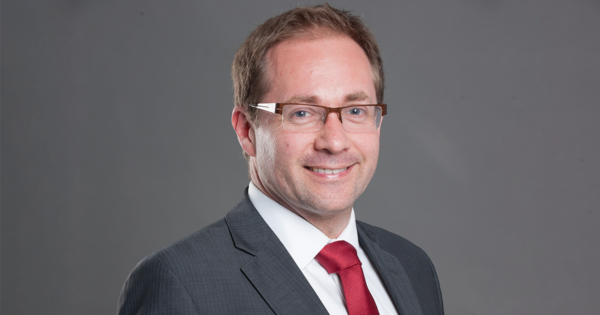Politics alone obstructs adviser co-regulation

ANALYSIS
Approaching the seventh anniversary of the establishment of the Royal Commission into Misconduct in the Banking, Superannuation and Financial Services Industry, the Financial Advice Association of Australia is again talking about self-regulation.
I mention the anniversary of the establishment of the Royal Commission because it was that process which effectively derailed the last and most substantial attempt by the FPA to lay the foundations for co-regulation via the establishment of a Code Monitoring Body.
The FPA (predecessor of the FAAA) even got as far as establishment a company, Code Monitoring Australia Pty Ltd, to “advance a profession-wide solution to the monitoring of the Financial Adviser Standards and Ethics (FASEA) Code of Ethics”
Importantly, it established Code Monitoring Australia Pty Ltd as a wholly-owned subsidiary of the FPA but with five other professional associations supporting it – the Association of Financial Advisers (AFA), Boutique Financial Planners (BFP), Financial Services Institute of Australasia (FINSIA), Self Managed Super Fund Association (SMSF Association), and Stockbrokers and Financial Advisers Association (SAFAA).
Less than a year later, all that was derailed when then Treasurer, Josh Frydenberg, announced the Government would be accepting all the recommendations of the Royal Commission including creation of a single disciplinary body. Little more than two years’ later, FASEA was also dead and buried.
Which brings us to this week’s opening address to the FAAA Congress in Brisbane at which the organisation’s chair, David Sharp raised the question of self-regulation and suggested the objective of achieving “some level of co-regulation by 2030.
Sharp told Congress delegates, “We’ve been too beholder to those outside our profession to govern our fate and to determine our standards – we believe we are now ready and qualified to ultimately control our own education standards and training, code of ethics and disciplinary regime”.
What the FAAA chair might have suggested to delegates is that the objective is to place FAAA on the same footing in terms of self-regulation and co-regulation as the major accounting bodies, CPA Australia, Chartered Accountants ANZ and the Institute of Public Accountants (IPA).
He might have also pointed out that, notwithstanding the scandal surrounding PWC, no one had suggested diminishing the regulatory and disciplinary powers of the major accounting groups.











As long as the FAAA is a co founder and not the major group running it then I cheer this on. It needs to involve all the professional associations. There should be little to no government involvement but we’ll agree to send ASIC the minutes of the meetings at best. They are too conflicted and too clueless to have any say.
The ASIC levy can be paid to this group. Not for salaries except some admin support and a few investigators but there will likely be sufficient money left for compensation for bad advice with the FSC left to pick up the pieces where most of the damage to consumers gets done, MIS promoters and dodgy scheme promoting hacks.
Even the police have integrity units, internal affairs and investigations into dodgy behaviour. ASIC has no such oversight. A rule only to themselves. This must stop.
A commendable suggestion especially where the Politicians and bureaucrats are kept out and where money is not spent on ‘salaries’ but where it is genuinely needed.